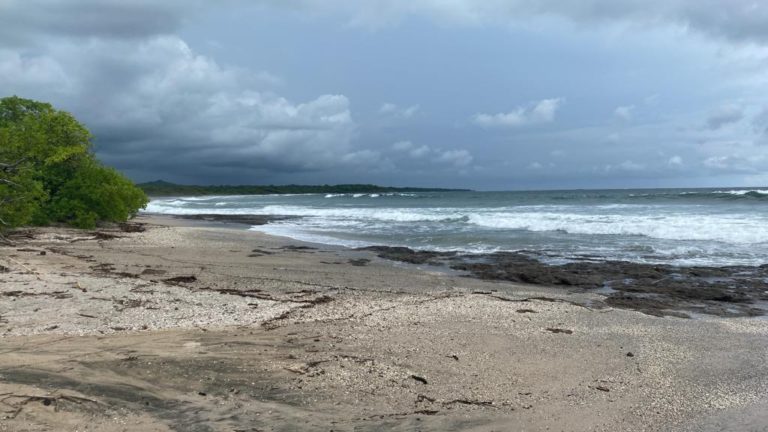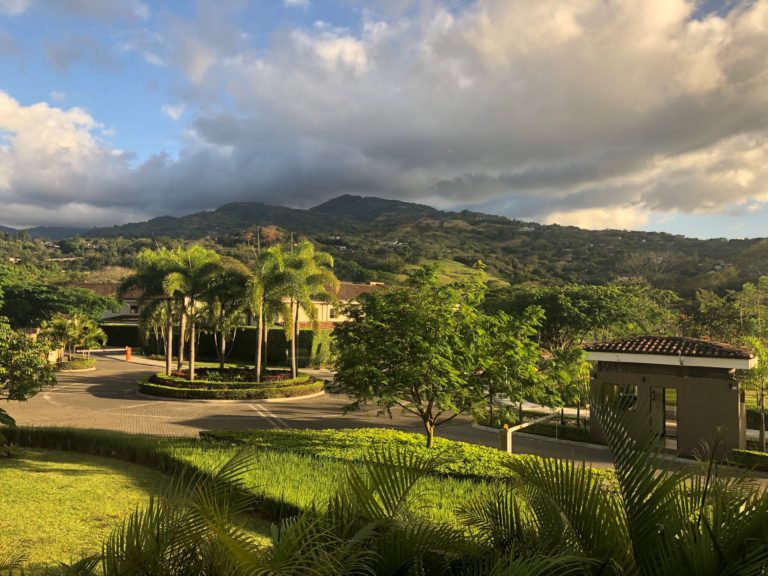
Property due diligence in Costa Rica. ☎️ Part One.
Our real estate law firm was founded in the year 2000, to help people purchase real estate in Costa Rica. I offer legal services as a real estate attorney and a notary public. This article offers advice on how to buy real estate in Costa Rica. The first thing to do is to hire us, to perform due diligence research. Once this is done and everything is checked, we can proceed with the transaction. A notary public is essential when you buy property in Costa Rica. We can advise you on mortgages, fiduciary agreements, property disputes, and litigation. As property lawyers, we ensure your property transactions are done correctly. Our real estate law firm will help you with everything. This article covers the basics of successfully buying real estate in Costa Rica to avoid future problems and unwanted litigation.
These are the basics on buying real estate in Costa Rica!
If you plan on buying real estate in Costa Rica, hiring a real estate law firm is wise. A real estate lawyer in Costa Rica is necessary for the following reasons:
- Due diligence research must be done on the property.
- The real estate attorney must draft and authenticate any option to the purchase agreement.
- A Notary Public must draft and register the purchase agreement at the Public Registry.
- The notary must check that the property was registered correctly to your name.

Due diligence: What general things should you know on how to buy property in Costa Rica?
First, you should know that properties are registered in the Public Registry of Costa Rica, after you purchase real estate. Then, you can log into the Registry through its website and check the information. Don’t worry; we will do this for you. The Registry provides reliable information, beginning with who the owner is. It will also show information on the property, such as its area and cadastral plan. But, most importantly, it will show if there are encumbrances on it: the general status of the property itself.
When you hire our real estate law firm for due diligence, we will send you a written report on all of this when we conclude. Trust me, the due diligence legal services we provide will save you from future headaches. In addition, we can help you purchase or sell real estate properties in all of the provinces of Costa Rica: San José, Alajuela, Cartago, Heredia, Guanacaste, Puntarenas, and Limón.
First step: due diligence when buying real estate in Costa Rica.
The first step is to determine who the owner is. This is done through the Public Registry. Is the property in trust? Does it belong to a corporation or a physical person? These are the first things to ascertain when you buy real estate in Costa Rica.
As a real estate law firm, we also research the property’s past owners. I even attempt to contact them. This is to ensure there was no fraud in the prior transactions. This is important, especially if the property appears to have been recently sold to the new owner and seller. By checking these things, you will avoid possible property litigations and even being a victim of title theft.
Is it in the name of a person, or a corporation?
The Registry will certify if the property in Costa Rica is in the name of a physical person or a corporation. If it’s a physical person, it tells us the name and last name of the owner and other information. In addition, the Registry will provide the identification number and the property purchase date. It also refers to the public scripture or deed used to acquire the property by the current owner.
Your real estate lawyer recommends: corporate due diligence when you by real estate:
A lot of people place properties in the name of corporations. This is a common practice. If so, the Registry will provide us with the corporation’s name and other information. This means that due diligence must also be performed on the corporation. First, I must check the company by laws and articles of incorporation. We must assess if the corporate structure allows for an easy property transfer.
The company´s representation must also be researched. Who are the members of the board of directors? Who has the power of attorney and representation to sign in the company’s name? Last but most importantly, we must determine who the shareholders are. They must give authorization in a shareholder assembly to sell the property. The corporate legal books must be revised to determine who the owners are.
Second step: due diligence on the property itself.
Easements on the property?
Once the ownership due diligence is over, your real estate attorney must look into the property itself. There is important information that the Registry provides, such as the area and the property’s boundaries. Are there easements on the property? If so, its important to determine what types of easements are they, and their duration. For example, if there is a “right of way” easement, its important to determine the duration. Most importantly, the boundaries and area, will tell us, if the real estate property you wish to purchase, is in front of a public road or not. And trust me, you want it to be in front of a public road, not an enclaved easement road.
Our real estate law firm recommends cadastral due diligence when buying real estate in Costa Rica:
When you buy real estate in Costa Rica, how do you know that the property you are buying is the one you saw? For example, suppose you come to Costa Rica and are shown several properties. You wish to purchase real estate, and you settle for one that was shown to you. But when you are signing the sale agreement with the public notary, how can you be sure that the property shown to you is the one you are actually buying?
This is why due diligence is so important. Every real estate property has a cadastral plan registered in the Public Registry. A topographer must be hired to ensure you are buying what was shown to you. The topographer must guarantee that the registry’s cadastral plan matches the property shown to you. When you buy real estate in Costa Rica, it’s also essential to ensure the topographer guarantees no overlaps with other properties. As you can see, cadastral due diligence will involve a topographer and precise field inspections.
Are there encumbrances on the property?
The Registry will certify if the property has encumbrances. Encumbrances are another reason why due diligence is crucial when you wish to buy real estate in Costa Rica. Due diligence will discover if any encumbrances are on the property. Encumbrances may include mortgages, liens, embargoes, and litigious annotations. If encumbrances are found, buying real estate may not be a good idea, at least not for that specific property.
Taxes, Hoa, and municipal due diligence:
As a real estate lawyer, I would also like to know if the property in Costa Rica is up today with property taxes. This information must be researched in the Municipality where the property is situated. Every property in Costa Rica is taxed with an annual property tax. The tax is 0.25 percent of the property’s registered value as established in the Municipality. As part of due diligence, I must look into this. You don’t want to end up paying taxes that were due by the past owner.
All of this is easily remedied, with a municipal certification, stating that the property is free of tax debt. If you are considering to buy real estate property as your home, there are other considerations you must take into account. In Costa Rica, there is such a thing as a luxury tax, over homes that exceed a certain value. All of these things must be revised accordingly.
Ask your real estate law firm, for zoning due diligence:
Zoning due diligence is another step your real estate attorney must do. If you are planning to buy real estate in Costa Rica, you should know there are zoning regulations. This due diligence is crucial to understanding what you can and can´t do with the property you wish to buy. Allow me to explain. Some areas in Costa Rica only have agricultural use, meaning you can´t build on them. Some only have commercial use, and others are for residential use only. Others have mixed use. All of this can be checked in the local Municipality.
You need to get a certification called “Uso de Suelo.” This will determine what you can do with the property you intend to buy. For example, can you build a house on it? Or is it intended for agriculture or preservation? Are you buying luxury real estate in Costa Rica? Clarity of intention is essential when you purchase real estate in Costa Rica.
Your real estate attorney recommends: look into this!
I would like to recommend a few more things on how to buy real estate in Costa Rica. To check for electricity, First, you want to get a certification from I.C.E (Costa Rican Electricity Institution) that the property has been appointed to receive electricity. Secondly, you will want to do the same for water. In this case, it will be with a certification from the State´s water utilities company, called “A y A” or “Acueductos y Alcantarillados.” In conclusion, you don´t want to end up with a property that doesn´t have water or electricity. Once due diligence is over; and well on making a successful property transfer. But first, it´s essential to know how much you have to pay in property transfer costs.
Dr. Christopher Pirie.
Law offices in San José, and Guanacaste.

